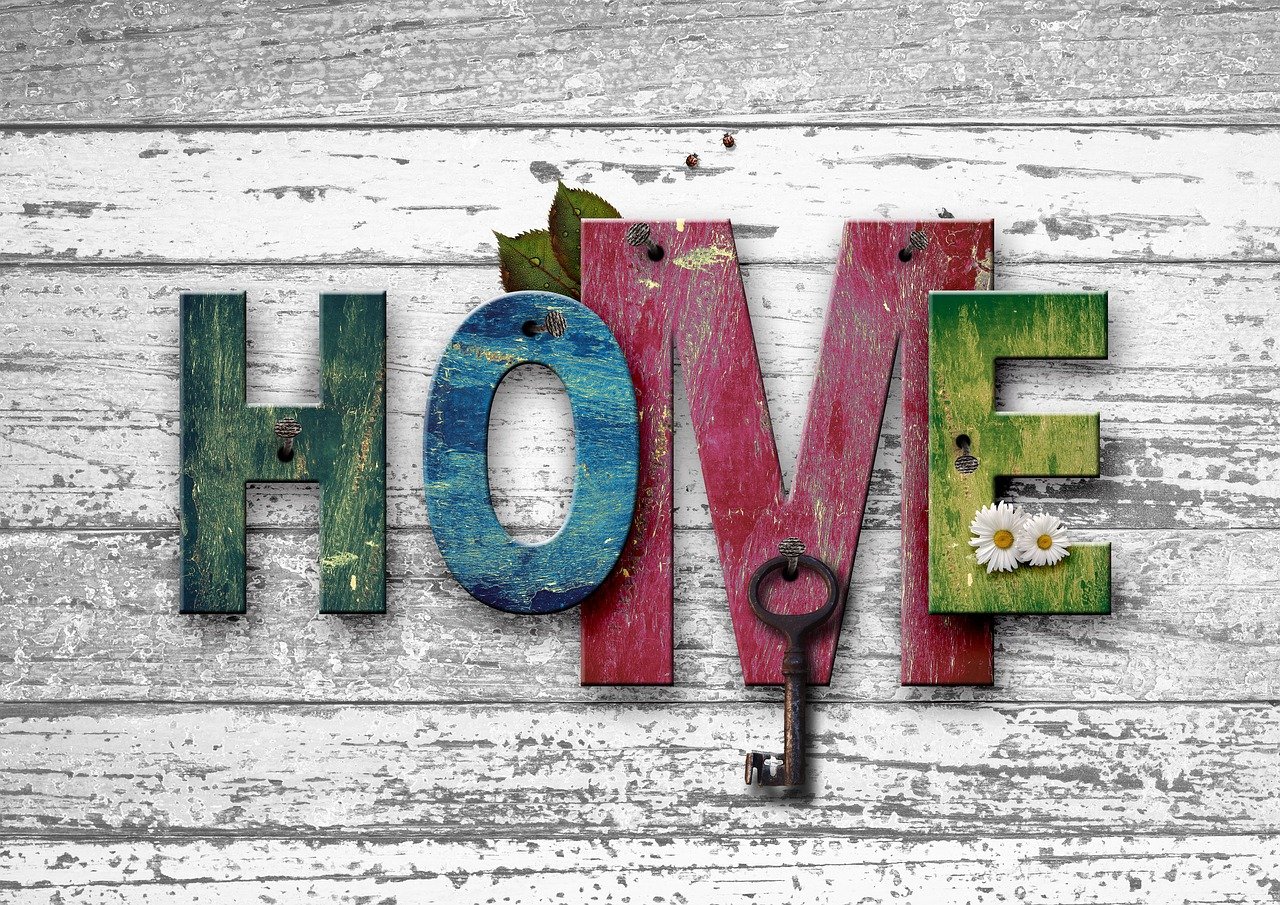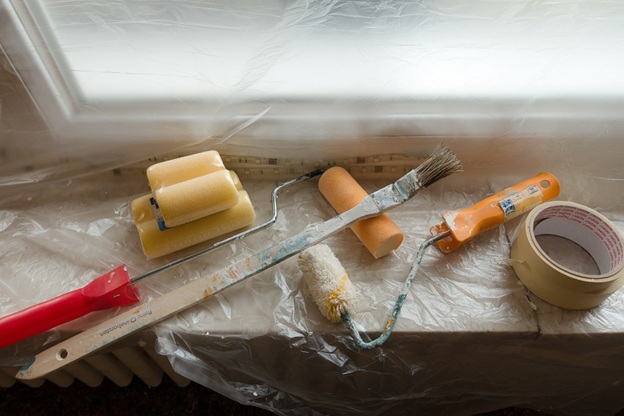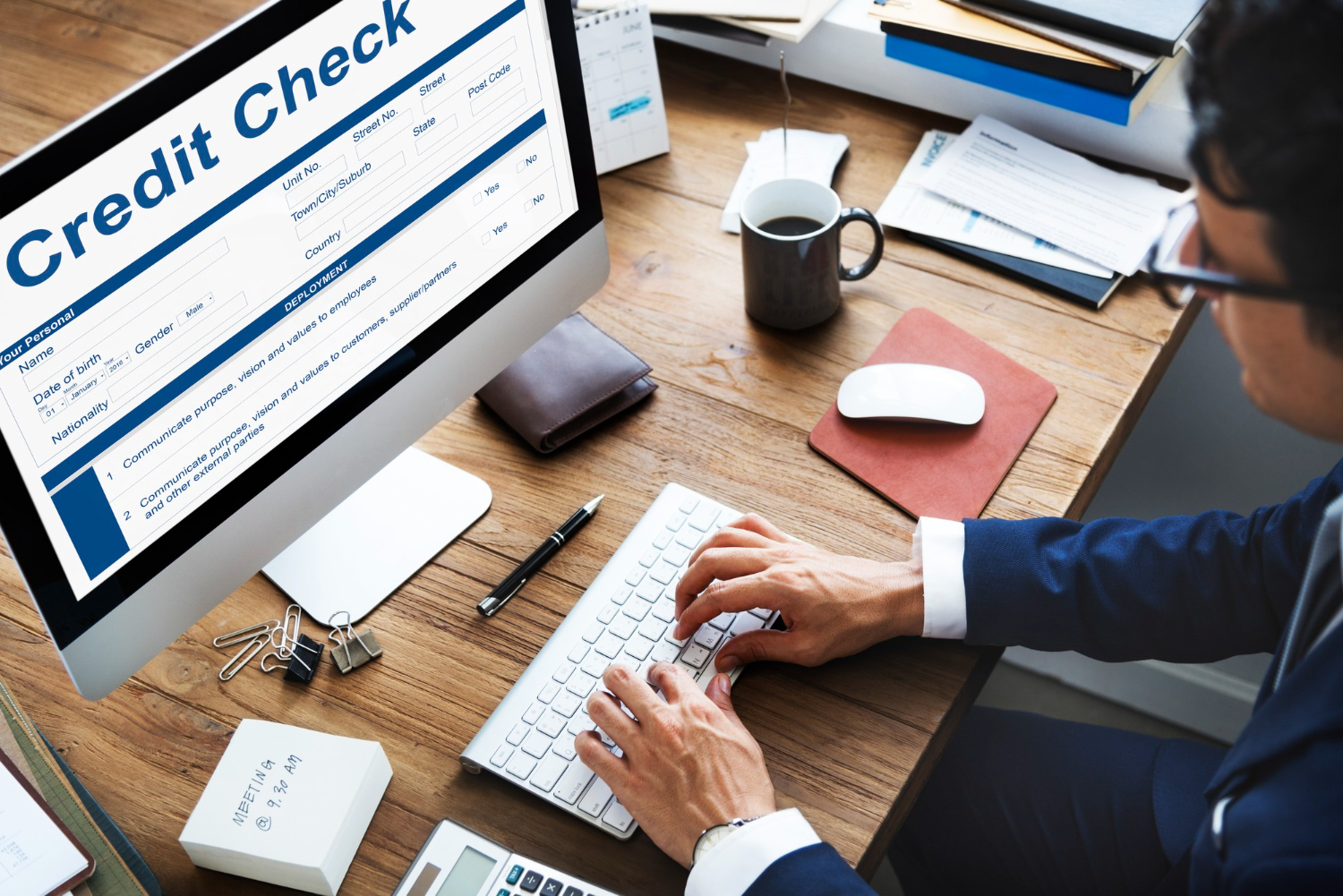For seniors looking for a new venture, house flipping offers a compelling blend of creativity…

Rent-to-own, or lease purchase, is a home-buying option that doesn’t get a lot of attention, but it’s one you might want to consider. You and the homeowner agree to a contract that sets a closing date in the future, usually within one to three years.
There are pros and cons to consider, but it might be something that could be a great way to put you into a home.
Benefits
There are numerous benefits if you want to rent-to-own, but maybe the best is helping you to repair broken credit. If your credit is less than perfect, a lease purchase allows financing that doesn’t immediately depend on a bank. You have the length of the term to improve your credit.
Considering current mortgage rates, it might be in your best interest to wait a couple of years to see if mortgage rates drop before obtaining a home loan
You’re also responsible for the upkeep of your home, so any improvements or modifications you make can improve your home’s value. Remember that you lock in the purchase price. No matter how much you improve the value of the home, the seller will honor the original purchase price, so you will reap the benefit of owning a more valuable home.
Contract
The buyer and seller create a contract that specifies a purchase price for the home at market value, or even a little higher, to allow for anticipated increases in market value.
The buyer signs a traditional lease and pays monthly rent to the homeowner, who acts as the landlord in the lessor/lessee contract. With this structure, the buyer can move into the home immediately. Lease option agreements assign a percentage of the monthly lease payment to the home purchase price.
You should understand that typical rent-to-own agreements specify that you will lose any monies paid toward the purchase price of the home if you do not eventually purchase it. The buyer is also responsible for home maintenance and upkeep while living in the home.
Risks
- Forfeiting Money. If for any reason you fail to obtain either a mortgage or the funds to purchase the property at the end of the lease agreement, you will lose any money and time you invested in the home.
- You Don’t Officially Own the Home. The seller could stop paying mortgage payments or taxes and end up with liens on the home. This means that you could potentially lose the investment you’ve made in the home.
- Late Payments. You must be diligent in paying your landlord on time every month. In traditional lease agreements, you could lose your security deposit if you’re late on your rent. With a rent-to-own home financing option, you stand to lose the money you’ve invested in the home, plus any equity that you build while you’re there.
- Falling Property Value. You might not be able to renegotiate the selling price of the home if the real estate market falls.
The Bottom Line
A lease purchase offers a lot to consider before you jump in. You will need to research the contract to ensure that you understand the purchase price, the option fees, and rent payments, as well as potential default risks if either party breaches the lease. If you’re not savvy in contracts and home purchases, you’ll want to hire a real estate attorney to help you navigate the contract terms.
Buyers and sellers can benefit from rent-to-own home financing options. As with any major financial transaction, both parties must understand all the details of the agreement. Check with your attorney to ensure you understand all the legalities.


